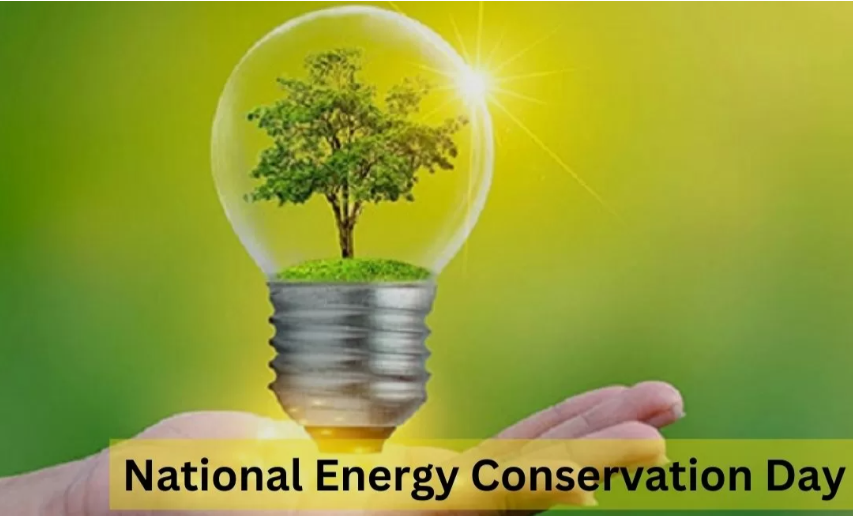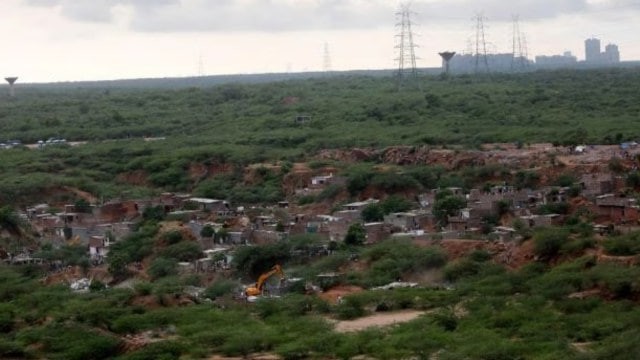





Source: Down to Earth
Disclaimer: Copyright infringement not intended.
Context
Details
Key Points
About UNFCCC:
Global Climate Framework:
Establishment:
Key Functions:
Principles:
Membership:
About COP 28:
Location and Timing:
Outcome:
Challenges:
About REDD+:
Definition:
Objectives:
Components:
Sources:
phys.org
|
PRACTICE QUESTION Q. Discuss the significance of the Bonn Climate Change Conference in advancing global climate action. Highlight key challenges and outcomes of the conference. |







© 2025 iasgyan. All right reserved